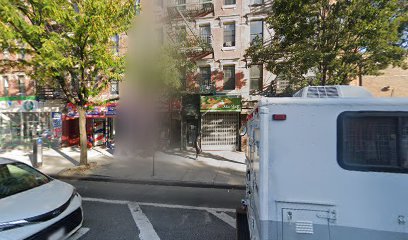Much has been written about the need to solve traffic congestion. Over the past four years, we have read how twinning the Port Mann Bridge and the Gateway program is what we need to return us to the “good old days” of unshackled mobility.
It’s an inconvenient truth, but evidence shows that expanding highways results in more driving and more congestion. This information is dismissed and ignored. Premier Gordon Campbell once said, “We cannot build our way out of congestion,” but that was in a different political climate.
Proponents of investments along Highway 1 deem themselves practical people and argue it is time to catch up with the growth that has already occurred, let alone what is to come. They argue that expanding highways will reduce greenhouse gas emissions, even though nearly all the evidence to date suggests the opposite.
The social evidence just doesn’t support more highway infrastructure over other pricing and demand management and goods movement options. In the long term, more highway capacity spurs urban sprawl that results in increased driving, longer commutes, less walking, and poorer health.
Despite the evidence, health and environmental ministries are ominously silent and unwilling, or perhaps unable, to speak out. The premier touts a “green agenda” yet, until this week, his administration supported a transportation program that was diametric to his stated values. This week, though, Campbell and the Ministry of Transportation announced great increases to transit commitments regionwide.
The transit plans are an amazing U-turn. But is this too little, and is it too late? Or is it still possible to make the Pacific Gateway green?
| travel choices compete |
and Non-Work Tour Complexity and Mode Choice |
Kai Chan with Lawrence D. Frank
Kai Chan is an assistant professor and Canada Research Chair at the Institute for Resources, Environment, and Sustainability (IRES) at UBC. He’s a transdisciplinary environmental researcher, integrating ethics and social and natural sciences. Lawrence Frank is the Bombardier Chair in Sustainable Transportation at UBC who studies the impact of neighbourhood design and transportation investment on travel choice, physical activity, obesity, air quality, and climate change.
















